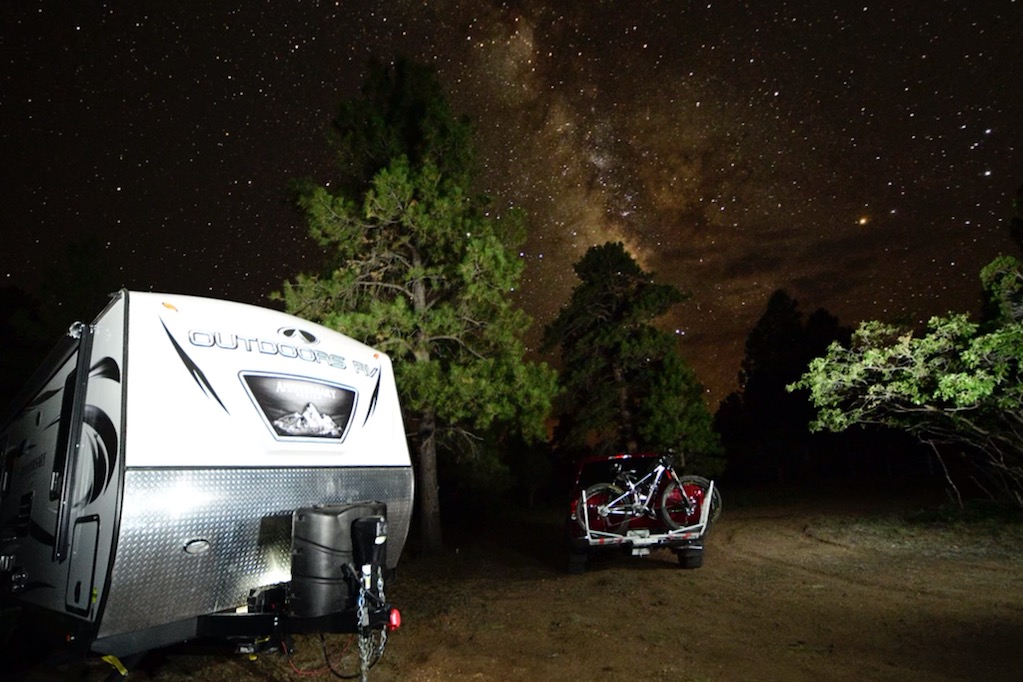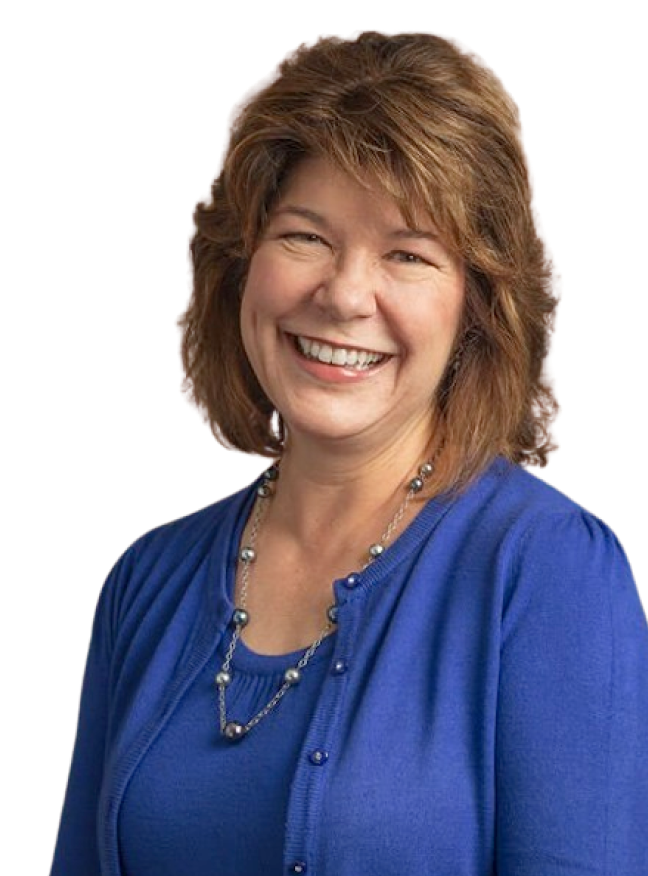When I was much younger than I am now, I married my husband Craig and moved with him from our home state of Vermont to Scottsdale, Arizona
That sounds like a very typical, almost ordinary experience in one’s lifetime. But in fact, it turned out to be one of the most remarkable and far-reaching events of my life. What that first sentence doesn’t tell you is that we had no jobs when we arrived, we knew no one here, and oh, by the way–we had never actually been to Arizona when we moved here. In fact, we had never been to the Southwest at all. We were country bumpkins born and raised mostly in Vermont, and when we told our families that we were quitting our jobs and moving sight unseen to a desert as strange and exotic to all of us as the sands of Morocco, their jaws literally dropped.

Those months that involved our move and acclimation to Arizona were, without a doubt, the scariest and most anxiety-producing time of our lives so far. And yet we would do it again in a heartbeat because that experience so many years ago–where we took risks, saw things we had never seen before, powered through some challenges, and learned things that were completely new to us–has enhanced our lives and fortified our well-being in many impactful ways. How can a simple cross-country move have had such an effect on us?
The Science of Positive Psychology
Positive psychology has made great strides over the last few decades in researching well-being and what constitutes a happy and meaningful life. In fact, it seems that happiness studies and their results are everywhere, and at the advent of the pandemic last spring, I wrote a blog about some of my favorite resources on this topic, ranging from the book titled The How of Happiness by Stanford professor Sonja Lyubomirsky, Ph.D., to the website from The Greater Good Science Center at Berkeley, to the meditation app and website Ten Percent Happier created by ABC News anchor Dan Harris.
Science-based research about what constitutes a “good” life has traditionally centered on two concepts: hedonic well-being (experiencing comfort and security, positive emotions, and maximizing enjoyment) and eudaimonic well-being (living a purposeful and meaningful life).
The Importance of Experiences
More recently though, research has focused on a newer concept: the “psychologically rich” life, an idea that is distinct from, yet related to, more traditional concepts of living a good life.
A psychologically rich life is characterized by memorable, interesting, complex, novel, perspective-changing and often intense ideas, experiences and emotions. These ideas, experiences and emotions are not always positive or meaningful, so they don’t fall neatly into the traditional ways we have thought about happiness and purpose. But the research shows that being psychologically rich can enhance our sense of well-being, and who among us doesn’t want to do that?
Recalling our move to Arizona in the context of a psychologically rich experience, I can see that although it was very scary, it was also exhilarating, intense, and perspective-changing. We had to find jobs, make friends, learn to drive in city traffic, and cope with a host of other challenges that surprised us on an almost daily basis in those first few months. At the same time, we were exposed to new ideas, uncovered strengths we didn’t know we had, and discovered a part of the country that was much bigger and more beautiful than we had ever imagined. As far as psychologically rich experiences go, this one fit the bill.
Think back to memorable ideas, experiences and emotions you’ve had. How have they contributed to your psychologically rich life? And perhaps more importantly for your well-being going forward, do you strive to continue having a psychologically rich life?
Growth Can’t Happen Without Experiences–Good or Bad
Admittedly, the pandemic that gripped our lives in early 2020 has not been very conducive to this. Like many others, my husband and I have curtailed a lot of the experiences we had planned that would have added psychological richness to our lives over the last 18 months. And yet, opportunities are still out there.
Craig and I have backpacked in many places throughout the Southwest so we have always known we love camping, but we had never thought too seriously about “glamping” in an RV until the 2020 Summer That Never Was, when we finally gave into our impulses and purchased a small-ish travel trailer, in a desperate bid to see new places and yet sleep in our own bed at night. This experiment has been a success and we love camping with our trailer more than we ever expected, but it hasn’t been without its challenges along the way. There’s been a lot to learn about RV’ing, including how to find places to camp, what accessories we need and don’t need, and how to maintain this “space shuttle” of a trailer–they aren’t your father’s camper anymore!

Camping can be a lot of work and a source of numerous frustrations…and then there was that time when we were camped in the middle of nowhere, and my hand accidentally hit the lock button on the exterior camper door keypad with both me and Craig on the outside, and camper keys on the inside—and we couldn’t remember the code needed to unlock the door because we usually use the key. (We finally figured it out, but aaargh.)
We didn’t plan it this way, but as we look back now, the whole RV journey to this point has been psychologically rich (and being locked out of our camper proves that psychologically rich experiences don’t have to be positive ones). It has required that we absorb a lot of new and sometimes complex information; it has connected us to some interesting fellow campers during many of our outings; and it has afforded us the opportunity to experience wondrous, tactile moments in nature, such as watching the Milky Way emerge from a blue-black sky above the Grand Canyon. All of these have been memorable, novel, and often intense experiences for us that have gotten us out of our box–and that is the very definition of psychologically enriching.

Helping You Lead a Purpose-Filled Life
At TCI we’re financial advisors, and yet we recognize that financial health is only a part of your overall well-being. So, consider this a call to action, to include psychologically rich experiences in your life on a regular basis. You don’t have to move cross-country or buy a camper—these experiences can be as small or as big as you’d like to make them. Something as simple as reading a book on a subject that’s novel to you or taking a walk in a park you’ve never been to can do the trick. And in case you need literary inspiration, here’s a well-loved prompt from Mark Twain:
Twenty years from now you will be more disappointed by the things that you didn’t do than by the ones you did do. So throw off the bowlines. Sail away from the safe harbor. Catch the trade winds in your sails. Explore. Dream. Discover.
Stay well, and may the Fall of 2021 find you living a life of happiness, meaning, and psychologically rich experiences!
The author of this blog has retired from TCI and no longer provides investment or financial planning services. Hopefully, they are making the most out of this chapter in their life by immersing themselves in what gives them purpose and fulfillment.


